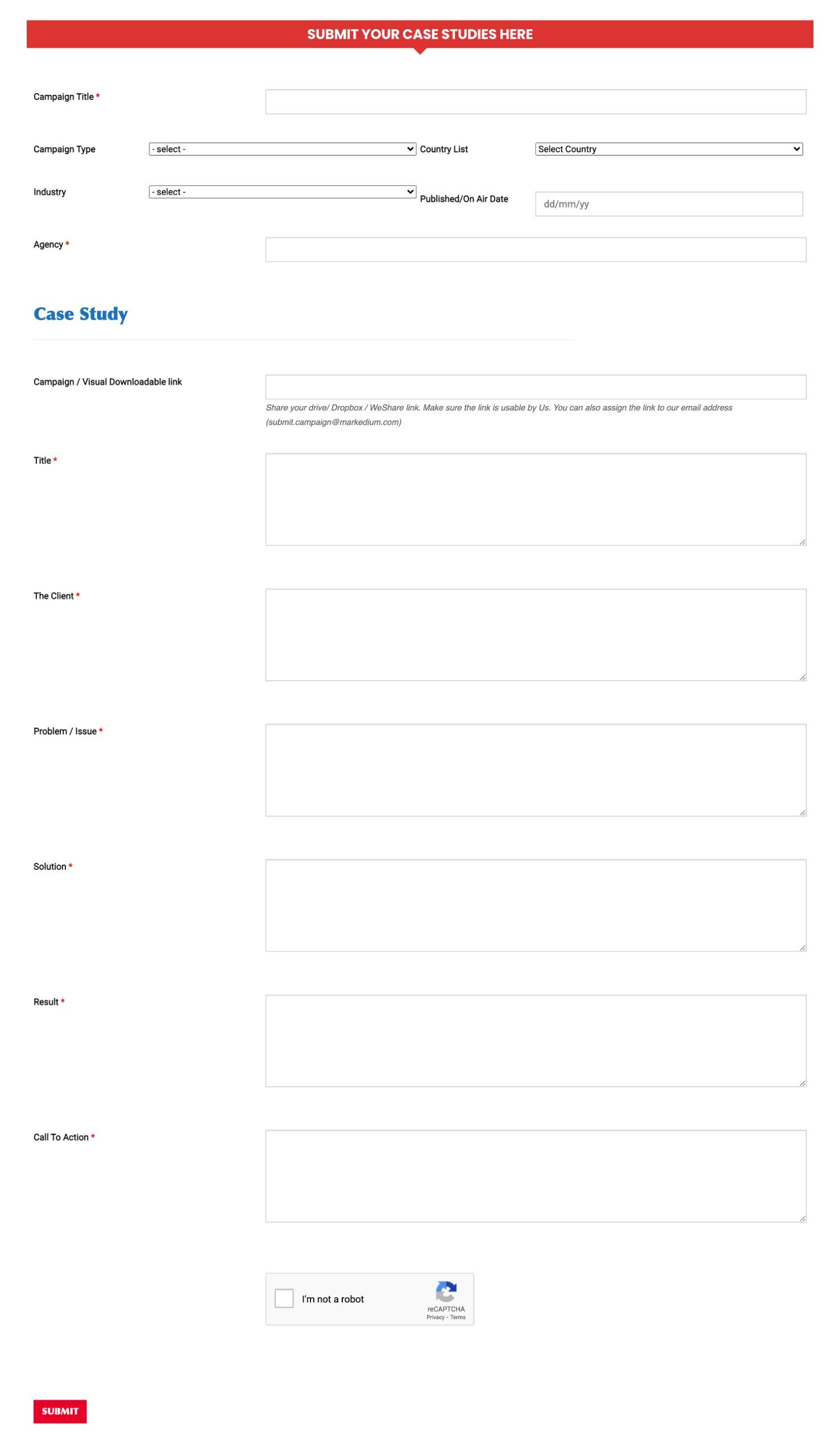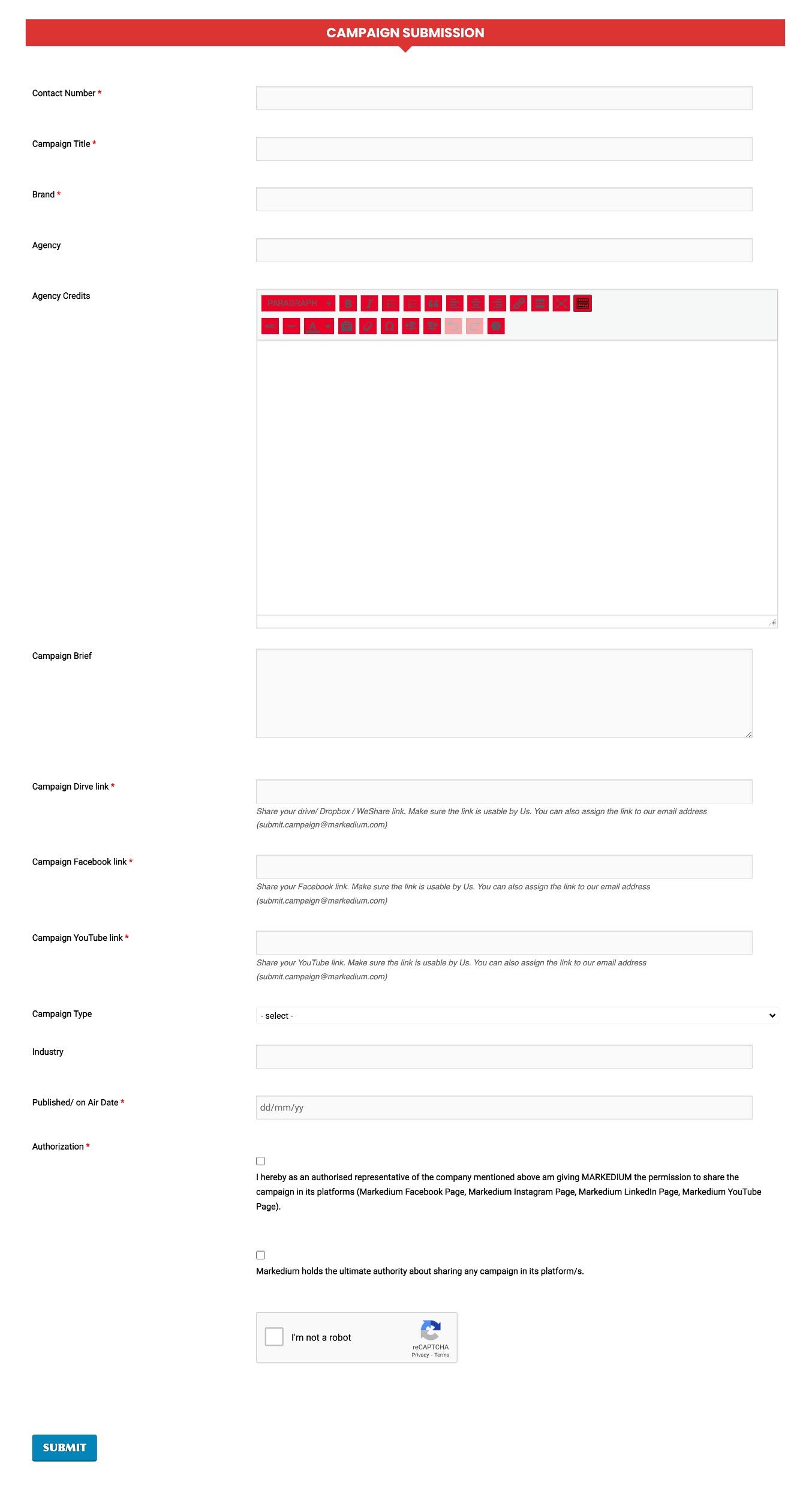
Three Companies investing Tk 1,000 cr for first private submarine cable2 min read
In a groundbreaking move, three local companies are investing approximately Tk 1,000 crore to establish Bangladesh’s first private submarine cable for enhanced data transmission capabilities. Summit Communications, CdNet Communications, and Metacore Subcom Ltd, the private licensees of the submarine cable, have formed a consortium to challenge the monopoly of the state-controlled wholesale bandwidth provider, Bangladesh Submarine Cables PLC (BSCPLC). This initiative is expected to bring down internet prices by increasing the supply of bandwidth.
The consortium, having a combined capacity of 45,000Gbps, has entered into an agreement with Singapore-based Campana to install a 3,000km undersea cable originating from Singapore and connecting to Cox’s Bazar in Bangladesh. This move aims to disrupt the dominance of BSCPLC and foster a more competitive environment in the country’s telecommunications sector.
According to Mashiur Rahman, CEO of CdNet Communications, the first phase involves connecting to the Sigmar cable, a 1900-km long system linking Singapore and Myanmar. The consortium will pay approximately $35 million for indefensible rights of use for 25 years. In the second phase, a deal with submarine cable provider HMN is in the finalization stage for laying fiber from Cox’s Bazar to Myanmar, requiring an investment of about $45 million.
The private cable, with three fiber pairs, is projected to have a data transmission capacity of 15,000Gbps through each pair. This network will connect Bangladesh to Telin-3, a data center situated in Singapore. This move comes at a crucial time as the demand for internet bandwidth has surged, surpassing the current total usage of 5,000Gbps.
Bangladesh, currently relying on the SEA-ME-WE 4 and SEA-ME-WE 5 consortiums, is set to receive 13,200Gbps from SEA-ME-WE 6 by 2025 through BSCPLC. The private cable, offering lower latency due to its shorter distance, is poised to be a more cost-effective solution.
The private firms secured licenses to operate submarine cables in September last year, breaking the state monopoly previously held by BSCPLC. With the rapid growth in internet usage, the private initiative is seen as a strategic move to ensure bandwidth availability and reduce the risk of internet disruptions.
While this venture holds promise for transforming Bangladesh’s telecommunications landscape, concerns have been raised regarding potential risks. Some doubt the financial viability of Campana, the Singapore-based company involved in the project. Additionally, the three companies are pooling their resources into a single cable, raising concerns about the vulnerability of the entire network in case of any unforeseen challenges.
Despite these concerns, the private submarine cable project signifies a significant step towards fostering competition and meeting the growing demand for high-speed internet in Bangladesh. The success of this initiative could potentially pave the way for further advancements in the country’s digital connectivity.
For more updates, follow Markedium.


